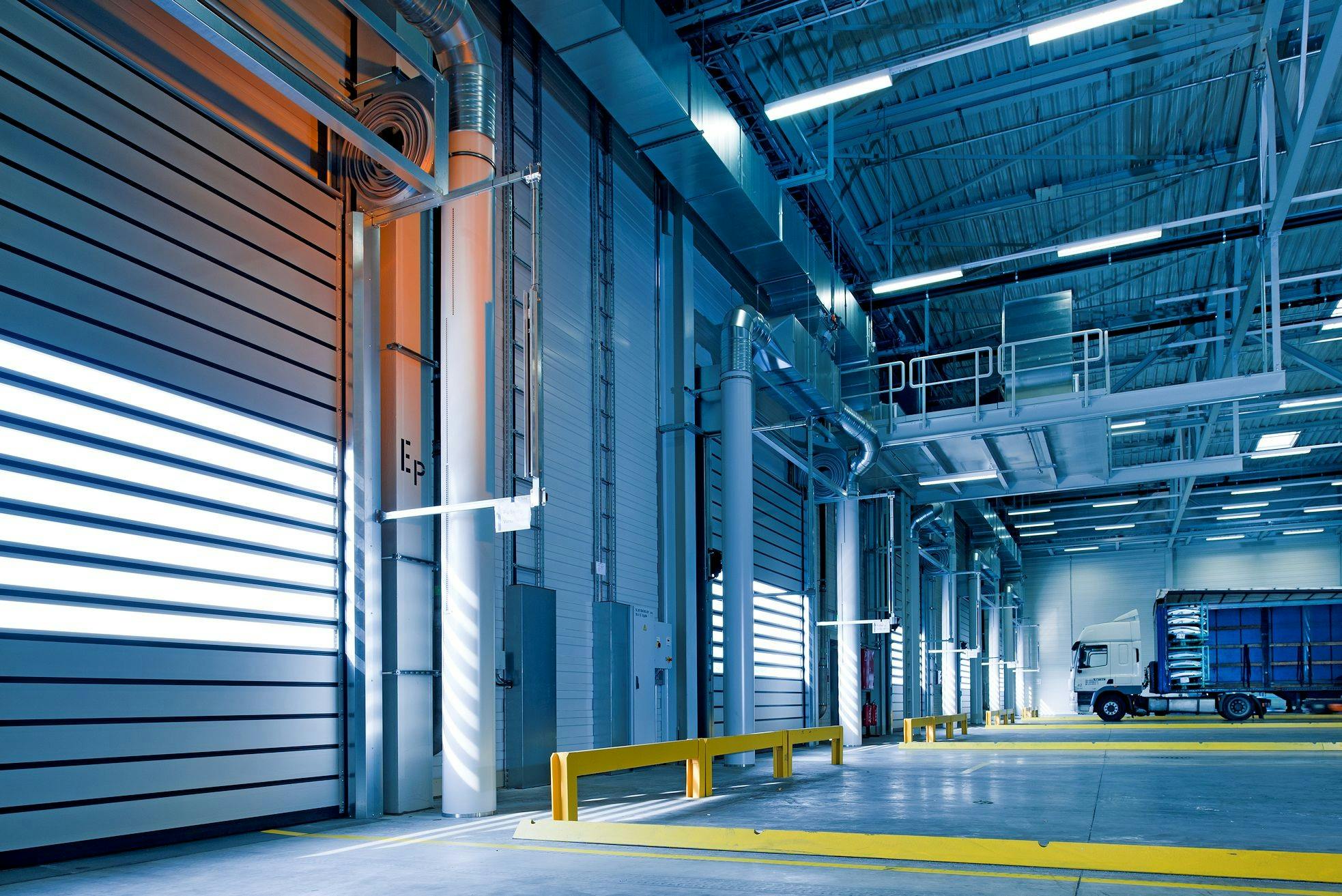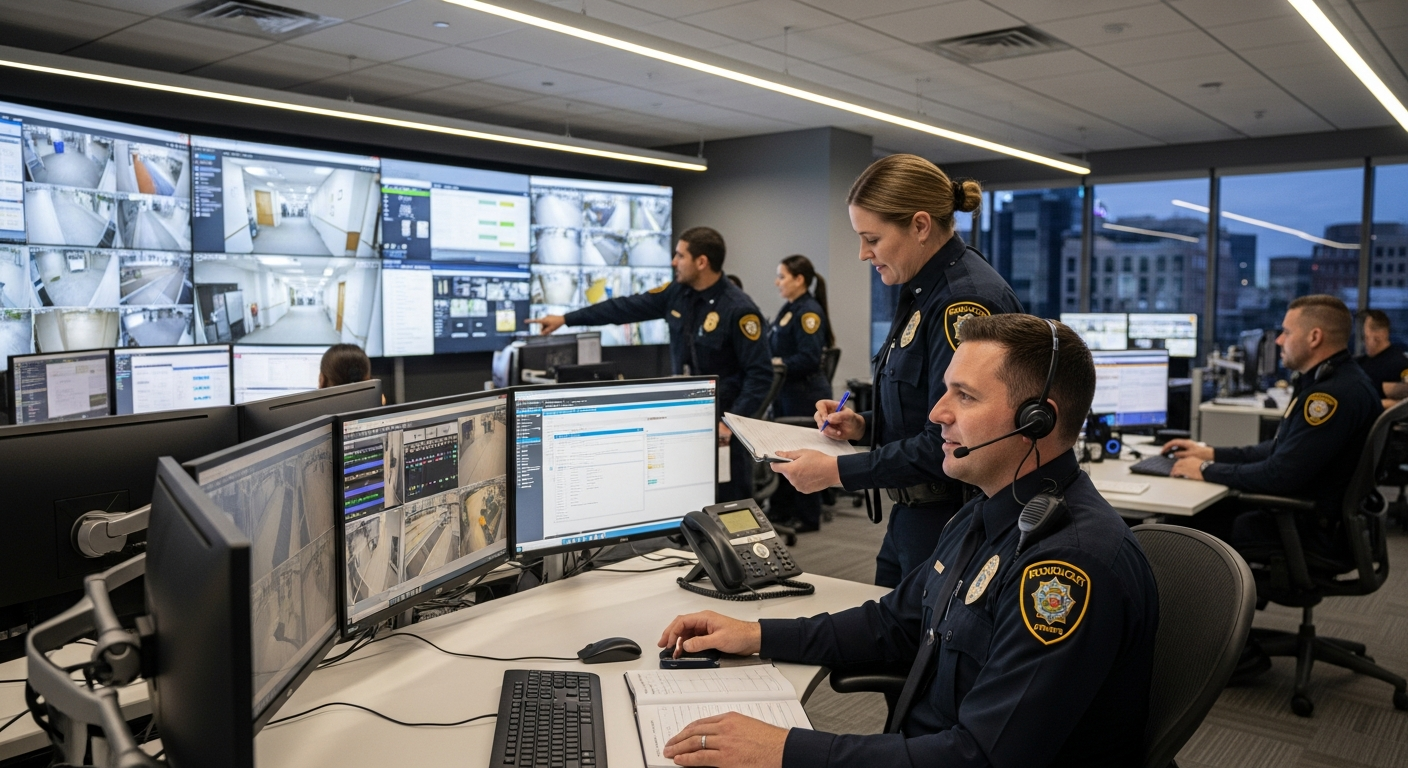Forklift Company Careers: Opportunities Across Canada
Forklift operation represents a vital role in Canada's supply chain and logistics industry, with operators serving as essential personnel in warehouses, distribution centers, manufacturing facilities, and construction sites nationwide. These skilled professionals are responsible for safely moving and organizing materials, ensuring efficient workflow in various industrial settings. As Canada's economy continues to grow, particularly in manufacturing and logistics sectors, the demand for qualified forklift operators has seen steady increase, creating numerous career opportunities for both entry-level candidates and experienced operators across provinces from British Columbia to the Maritime regions.

What the Job Involves
Forklift operators are responsible for safely operating powered industrial trucks to move, locate, relocate, stack, and count merchandise. Daily responsibilities typically include loading and unloading materials from trucks, containers, and storage areas; organizing inventory in warehouses; preparing orders for shipment; and ensuring materials are stored securely. The job requires attention to detail when checking shipping documents, maintaining accurate inventory records, and conducting regular equipment inspections before and after shifts. Depending on the work environment, operators might handle different types of forklifts including counterbalance, reach trucks, pallet jacks, or order pickers. Most positions involve working indoors in warehouse settings, though some roles require outdoor operation in construction sites, lumberyards, or shipping yards.
Shift patterns vary widely in this profession. Many warehouses and distribution centers operate around the clock, offering day, evening, and overnight shifts. This schedule flexibility can be advantageous for those seeking non-traditional working hours or supplemental income. The physical aspects of the job include sitting for extended periods, occasional lifting, climbing in and out of the forklift, and maintaining proper posture to prevent strain and injury.
Why Canada Needs Forklift Operators
Canada’s robust manufacturing, retail, and logistics sectors create consistent demand for skilled forklift operators across the country. The growth of e-commerce has significantly expanded warehouse operations nationwide, requiring more personnel to manage the increased flow of goods. Statistics Canada data shows that transportation and warehousing industries have seen sustained growth in recent years, creating thousands of new positions annually.
Major economic hubs like the Greater Toronto Area, Vancouver, Montreal, Calgary, and Edmonton feature particularly high concentrations of warehousing and distribution facilities. These regions serve as critical nodes in Canada’s supply chain, processing goods for both domestic consumption and international trade. With Canada’s position as a major import/export nation, port cities like Vancouver and Halifax employ significant numbers of forklift operators to handle shipping container contents.
The seasonal nature of certain industries also contributes to fluctuating demand for forklift operators. Agricultural processing centers require additional staff during harvest seasons, while retail distribution centers often increase hiring before holiday periods. This seasonal variation provides opportunities for temporary or contract work that can lead to permanent positions.
Skills Employers Require
Successful forklift operators possess a combination of technical abilities and soft skills that make them valuable team members. The primary requirement for most positions is proper certification. In Canada, forklift operation requires completion of a recognized training program that meets provincial occupational health and safety standards. These programs typically include classroom instruction on safety protocols and regulations, followed by practical training on equipment operation.
Technical skills in demand include proficiency in operating specific types of powered industrial trucks. Many employers look for experience with particular forklift models commonly used in their facilities. Employers also value candidates with knowledge of warehouse management systems (WMS) and inventory tracking software, as digital tools have become increasingly integrated into modern warehousing operations.
Safety consciousness remains perhaps the most crucial qualification. Employers seek operators who demonstrate awareness of their surroundings, follow established safety protocols, and maintain clean driving records. Physical capabilities are also important, including good hand-eye coordination, depth perception, and the ability to remain alert during long shifts.
Communication skills feature prominently in job requirements, as operators must effectively coordinate with supervisors, colleagues, and sometimes customers. The ability to clearly document inventory movements and potential equipment issues is essential for maintaining smooth operations. Problem-solving aptitude also ranks highly, with employers valuing candidates who can troubleshoot minor equipment problems and navigate challenging spaces when moving materials.
Career Advancement Opportunities
The forklift operation field offers several paths for professional growth and increased earnings. Entry-level operators typically begin with basic certification and gain experience on standard equipment. With time and demonstrated competence, operators can advance to handling specialized or larger equipment that commands higher pay rates.
Leadership positions represent common advancement opportunities. Experienced operators often progress to roles like lead operator, shift supervisor, or warehouse team leader. These positions involve coordinating other operators’ activities, training new hires, and ensuring departmental efficiency. Further advancement to warehouse manager or operations supervisor roles is possible with additional education in logistics, supply chain management, or business administration.
Some operators leverage their knowledge of materials handling to transition into inventory control, quality assurance, or logistics coordination. Others may move into equipment maintenance, particularly if they develop mechanical aptitude through operating and troubleshooting forklifts. Specialized certifications in areas like hazardous materials handling or automated warehouse systems can also open doors to niche positions with higher compensation.
Training and Certification Requirements
Becoming a certified forklift operator in Canada requires completion of training that meets the Canadian Standards Association (CSA) requirements and provincial regulations. Training programs typically include theoretical instruction covering equipment specifications, safety protocols, and workplace regulations, followed by practical training under supervision. Most programs conclude with both written and practical assessments to verify competency.
Initial certification can be obtained through various channels. Many employers provide in-house training for new hires. Alternatively, community colleges, private vocational schools, and industry associations offer certification programs ranging from one-day refresher courses to comprehensive week-long training. The average cost for basic certification ranges from $150 to $400, depending on program length and location.
It’s important to note that forklift certification in Canada is not permanent. Most provinces require operators to undergo recertification every three to five years, and immediately following any accident or near-miss incident. Some employers also require periodic skill assessments or additional training when introducing new equipment.
Salary and Compensation in Canadian Forklift Operations
Forklift operator compensation varies based on experience level, industry sector, geographic location, and shift timing. Entry-level positions typically start between $16 and $20 per hour, with more experienced operators earning $22 to $28 hourly. Specialized roles involving hazardous materials or technical equipment can command rates exceeding $30 per hour.
| Industry Sector | Average Hourly Wage | Additional Benefits |
|---|---|---|
| Manufacturing | $19-$25 | Health benefits, pension plans |
| Shipping/Receiving | $18-$24 | Flexible schedules, overtime opportunities |
| Construction | $22-$28 | Higher pay rates, seasonal bonuses |
| Food Distribution | $17-$23 | Employee discounts, stable year-round work |
| Automotive | $21-$27 | Union representation, defined advancement paths |
Prices, rates, or cost estimates mentioned in this article are based on the latest available information but may change over time. Independent research is advised before making financial decisions.
The highest-paying positions tend to concentrate in resource-rich provinces like Alberta and industrial hubs in Ontario. Night shifts and weekend work typically include premium pay rates of 10-15% above standard wages. Many full-time positions include benefits packages with health coverage, retirement savings plans, and paid time off. Unionized facilities generally offer more structured pay scales with guaranteed increments based on seniority.
Finding Employment Opportunities
Job seekers can locate forklift operator positions through multiple channels. Online job boards like Indeed, Monster, and Workopolis regularly feature listings across Canada. Industry-specific sites focused on logistics, warehousing, and manufacturing also provide targeted opportunities. Many large employers—including major retailers with distribution centers, manufacturing companies, and third-party logistics providers—post openings directly on their corporate websites.
Employment agencies specializing in industrial and warehouse staffing serve as excellent resources, particularly for entry-level candidates seeking their first position after certification. These agencies often provide temporary assignments that can convert to permanent roles, allowing both employer and employee to evaluate fit before making long-term commitments.
Networking remains valuable in this field. Current forklift operators can provide insights about openings at their facilities, sometimes with referral bonuses that benefit both parties. Industry associations and trade shows also present opportunities to connect with potential employers and learn about emerging trends in the field.




